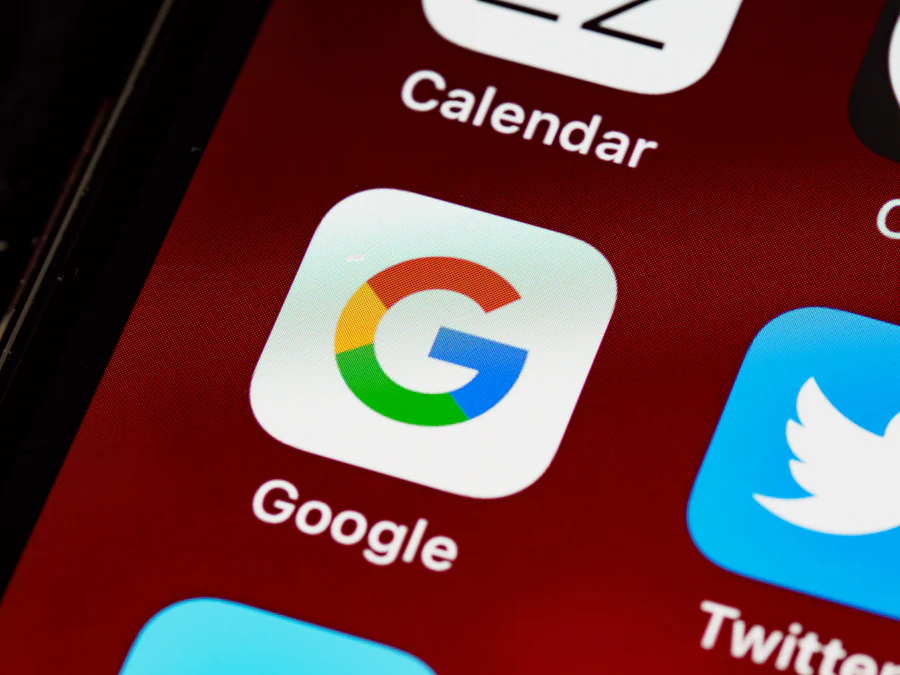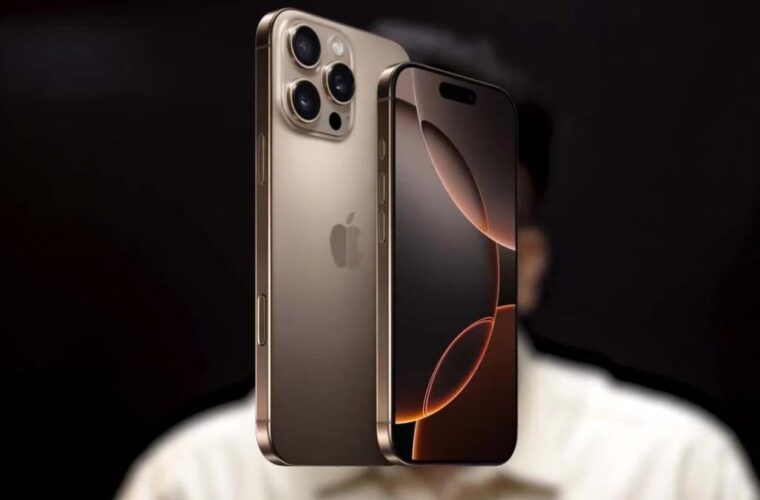Apple puts artificial intelligence in the phones and Google. The possibility of integrating Gemini, Big G’s most effective Large Language Model, on the future iPhone is more than a hypothesis, according to Mark Gurman of Bloomberg, who is usually very well informed about Cupertino’s news. According to several sources who have deliberately remained anonymous,
Apple’s potential collaboration with Google, which has invested significantly ($18 billion, as reported by the New York Times) to secure its search engine as the default option in Safari and other devices, could herald a new era of technological innovation. With Tim Cook’s recent announcements of AI-focused advancements slated for the second half of 2024, likely, discussions are already in full swing, promising exciting possibilities for the future of the iPhone.
Gemini – cloud based processes
Apple aims to harness the power of Google’s top-of-the-line LLM, Gemini, to enable the iPhone to perform complex tasks on cloud-based processes. This could open up a world of possibilities, from generating realistic images from textual prompts to processing long, articulate texts. In essence, Cupertino is striving to deliver a system that can consistently deliver superior results, potentially surpassing the capabilities of Microsoft‘s Copilot and Open AI‘s ChatGpt and Dall-E.
Apple, known for its strategic decision-making, has not limited its options. It has carefully considered all opportunities, including a potential partnership with OpenAI to integrate ChatGpt in iOS 18. This demonstrates Apple’s commitment to finding the best solution, even if it means exploring alternatives to Google’s Gemini. Such a move could also be a strategic choice, potentially mitigating concerns from antitrust authorities worldwide.


The need to turn to Google and OpenAI highlights Apple’s delay on the AI front, which was underestimated for a long time when, while others began to invest in the sector, time and money was spent in Cupertino on developing the Apple Car. The project’s definitive stop has allowed many engineers to move onto AI, with the start of tests of an in-house developed language model called Ajax, soon to be renamed Apple Gpt. This is not the only solution Apple is working on, which aims to give more vigour to the open-source multimodal model Ferret, announced last December.
AI & Apple
Apple intends to bring generative artificial intelligence to iPhones and iPads with functionality that operates within the devices and not just via the cloud. For this, with proprietary technologies still not ready, the company thought of relying on Google. However, the eventual agreement is not expected to be made public any time soon, probably not even during June’s WWDC, the developers’ event where Apple presents its new software.
From Google’s perspective, a collaboration with Apple would be a game-changer, both financially and for the future of Gemini. Despite a few setbacks, Gemini is poised for a comeback, and the inclusion of iPhones and Apple’s vast array of active devices, numbering around 2 billion globally, could provide a wealth of data to enhance its Gen-AI. This AI is already making waves on the Pixel 8 and, notably, on Samsung’s Galaxy S24, thanks to a multi-year partnership with the tech giant.



